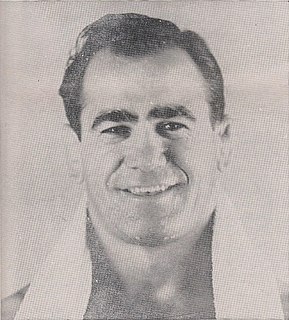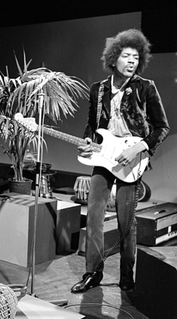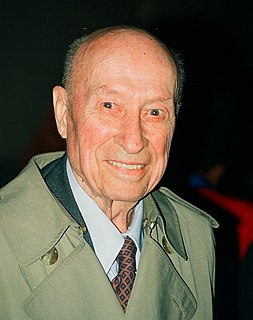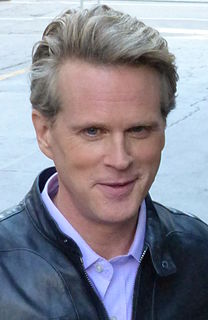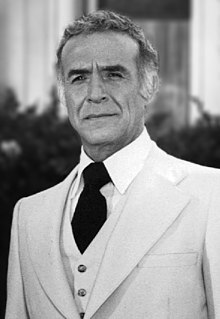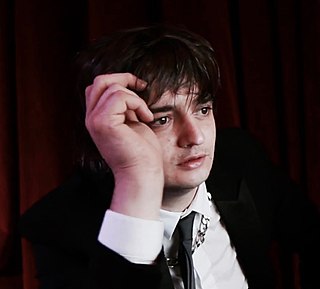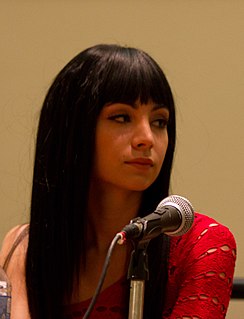A Quote by Mariko Mori
... my father loved to take photographs of me. When I was nine I made my own costumes for a school play and I experienced becoming different characters. I loved to document myself as different images and I think my work evolved after this favorite activity. The photographs I exhibited in New York juxtaposed reality and fantasy. There was everyday life and fantasy was dismantling that reality.
Related Quotes
All entertainment is an element of fantasy because you are seeing something that is not quite real. There is no such thing as reality TV. Reality TV would be to leave a camera on in front of someone's house. Just leave it on. Then whenever the person comes or goes walking the dog or getting groceries, that's what it would be like. Any time you make an edit, you've lost reality TV. You're either compressing time or extending. That's a term that's been overused and overexposed. I think it's fantasy movies that take the fantasy of movies even further.
I don't really deal with the attention I receive to be honest. I build up a fantasy world around me that I inhabit. I cherry pick elements of literature, music, film, history and art, then weave them together to construct a fantasy reality to live in. It doesn't always work out though, I got evicted from my own fantasy once, which was quite embarrassing.
I live in New York now, and miss France quite a bit. Of course, the reality of living in a small village in the south of France was very different than the fantasy I had of living in France. Over the years I spent there, that fantasy was worn away and I found a more realistic version of France than the one I began with. I wouldn't say the spell ever goes away, but transforms. Now that I understand French culture more intimately, and speak fluent French, I have a different, more solid, relationship to the country.
In the two or three or four months that it takes me to write a play, I find that the reality of the play is a great deal more alive for me than what passes for reality. I'm infinitely more involved in the reality of the characters and their situation than I am in everyday life. The involvement is terribly intense.
Fantasy is escapism, but wait... Why is this wrong? What are you escaping from, and where are you escaping to? Is the story opening windows or slamming doors? The British author G.K. Chesterton summarized the role of fantasy very well. He said its purpose was to take the everyday, commonplace world and lift it up and turn it around and show it to us from a different perspective, so that once again we see it for the first time and realize how marvelous it is. Fantasy - the ability to envisage the world in many different ways - is one of the skills that make us human.

